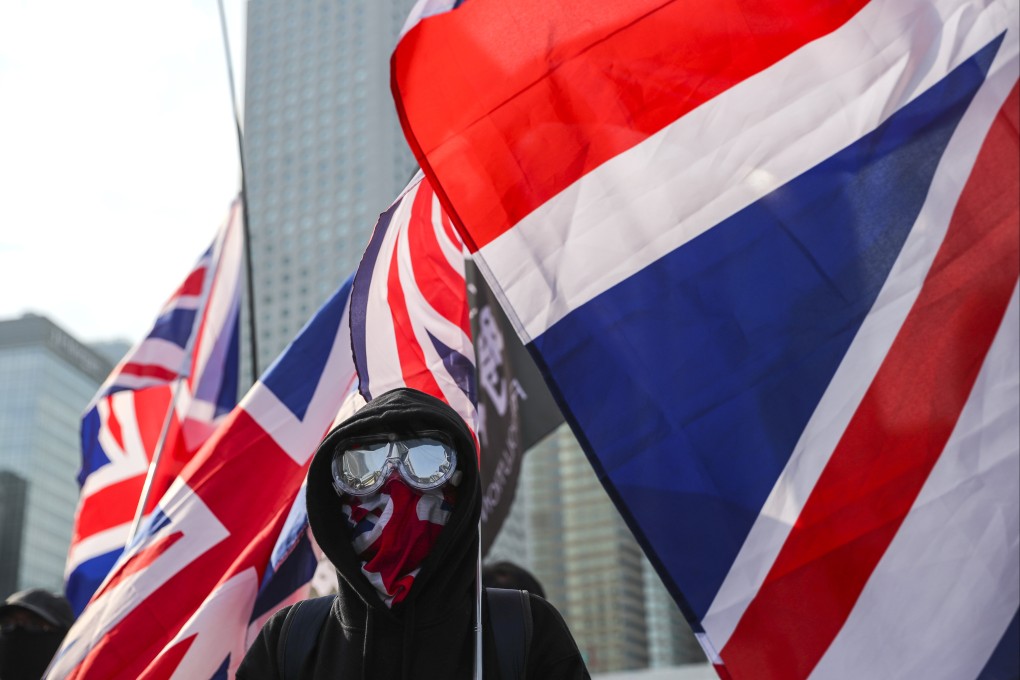Abacus | Hongkongers keep the faith, but with the anti-sanctions law looming, for how much longer?
- Is an 89,200 fall in Hong Kong’s population in one year really as alarming as the press has made it out to be? Historically, it’s a drop in the ocean
- Where emigration goes from here is the bigger worry. If it accelerates, many sectors of the economy that are supposed to be growing at 6.5 per cent this year will feel it

Headlines about Hong Kong’s “alarming” annual population decline of 89,200 people caught my eye last week as the news bounced its way around the globe. I couldn’t see how such a low number was “alarming”.
Idea balloons went up from a Hong Kong government spokesman that perhaps these were people going off to study or work, and perhaps the decline was due to a lack of immigration because of border closures, a declining birth rate, and Hong Kong’s elderly passing faster. The methodology by which the figure was produced was not explained clearly beyond taking into account the 13,900 new residents that came in from mainland China minus the net total from births and deaths of a negative 11,800.
I sat down and examined departure and arrival statistics for Hong Kong airport from the handy data they have made available since 1997, subtracting departures from arrivals. And from July 2020 to June 2021, a net 161,000 people left. I am eyeing that 89,200 figure with a pinch of salt.
As anyone in Hong Kong’s logistics business can tell you, it is getting nearly impossible to book an economical slot out for household possessions or pets, with highly volatile pricing, erratic service and endless consumer complaints – to me hallmarks of an unprepared and overly busy business.
As for “leaving parties”, there seems to be an abundance of them, while social media is abuzz with information on how to relocate overseas from Hong Kong, open bank accounts without proof of residence in Britain, and find good jobs.
